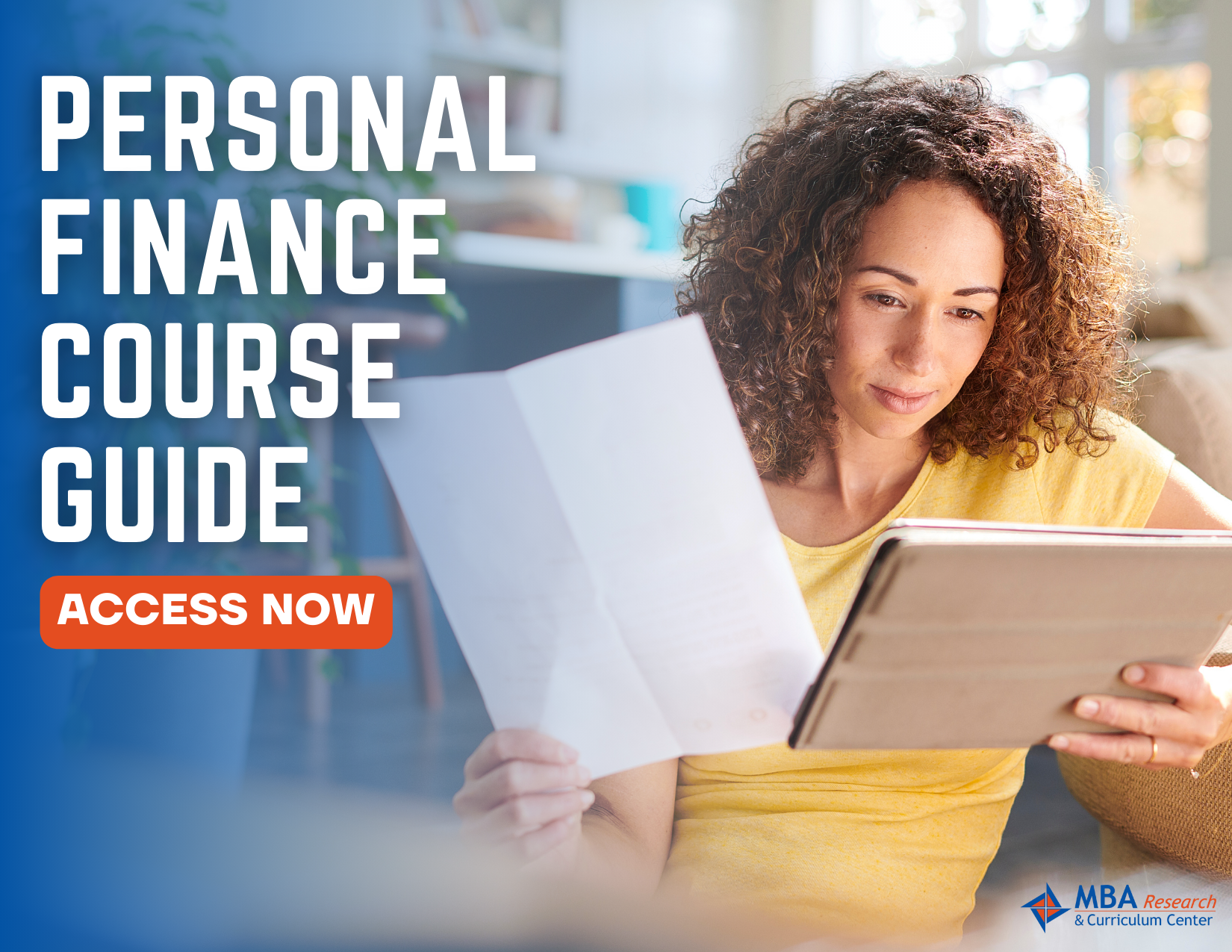We have several resources available for teaching personal financial literacy, including crosswalks to national standards, a free course guide, ready-to-use lesson modules, and recommended websites.
Crosswalk for Grade 8 National Standards for Personal Financial Education and MBA Research’s National Business Administration Standards.
Access NowCrosswalk for Grade 12 National Standards for Personal Financial Education and MBA Research’s National Business Administration Standards.
Access NowCourse guides are comprehensive roadmaps that provide a variety of educational materials, including performance indicators, ethical case studies, and activities for each course. Each course guide has a recommended sequence and numerous resources for additional learning.
For a limited time, many course guides are available free of charge, thanks to the generosity of the Daniels Fund.
Personal Finance: This one-semester course develops students’ understanding and skills in areas such as setting financial goals, earning income, budgeting, spending, saving, managing credit, insurance, and investing. Personal Finance features student activities, ethics cases, multiple-choice test items, a financial-literacy project, and resource lists to support instruction.
Access Now
Use these Learning Activity Packages (LAPs) to accompany the Personal Finance course:
Both lesson modules are available in this LAP Package.
Each complete LAP module includes a student handout (with CopyIT! permission) as well as an instructor section featuring a comprehensive discussion guide, complete practice- (short-answer) and post-tests (multiple-choice) with descriptive keys, student activities, PowerPoint presentation, and more.
In addition, we recommend using the following websites to enhance your teaching:
To learn more about our Personal Finance resources, reach out today.